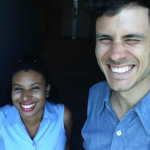
So Then Why?
I try creating solutions for climate adaptation and mitigation because that’s what it means to be human. We try to solve problems that threaten our survival, regardless of whether we can ever actually solve them

I try creating solutions for climate adaptation and mitigation because that’s what it means to be human. We try to solve problems that threaten our survival, regardless of whether we can ever actually solve them
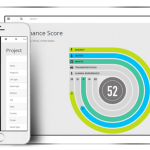
Imagine an app that tracks how an entire city performs, how much fuel it needs or how much waste it generates. This is the concept behind the LEED for Cities platform.

Gender inequalities are easy to dismiss because they are often highly complex, easily misunderstood or overlooked, and/or simply viewed solely as a “women’s problem.” Yet those women experts in gender issues have made great strides in identifying methods that can acknowledge gender differences while also enhancing project effectiveness.
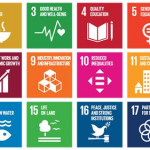
The world is made up of 195 countries, 7.6 billion people, and an endless number of problems. How does the United Nations address them in one agenda? Which problems deserve inclusion?
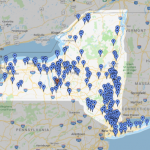
In the face of rising tides, severe weather and habitat degradation, 236 communities across New York are trying to figure out what it means to be climate smart. These local governments are working to build resilience against projected climate change impacts and reduce their greenhouse gas emissions, setting an example for forward-thinking communities around the world.
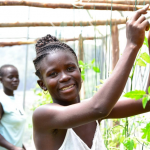
Youth, agriculture, and climate change might not seem like a logical pairing, but they fit better than you might expect.
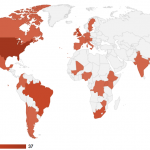
People used to think that the Earth was the center of the solar system, until we learned that the sun is in fact at the center of the solar system. Making that transition in the human belief system was not easy because many people in positions of power were threatened by this new knowledge. The story is similar with climate change and other issues of human sustainability such as recognizing the rights of Mother Earth.

It is difficult to estimate how detrimental fake news has been to the world, but it is almost undeniable that it is playing an influential role. Fake news is not a fresh invention, but the internet has made it more prevalent and accessible than ever before. Controversial issues like climate change are frequently the battleground for the truth.

Five weeks prior to the storm, I arrived at our field site in the remote northern corridor of the Guatemalan jungle, excited to embark on a journey of piecing together the story of ancient Mayan life. Full of energy and excitement, I unloaded box after box of scientific equipment from our helicopter and stumbled down the muddy, root-strewn trail to the site’s wooden-framed laboratory. Tasked with studying the ancient climate at the site, our team began a six-week process of excavating noteworthy archaeological areas and drilling sediment cores for soil analyses.

It is crucial for the general public to understand that climate science is not a distant and mysterious subject, but something that directly impacts their lives.